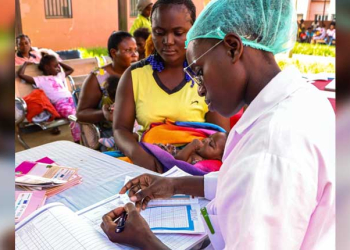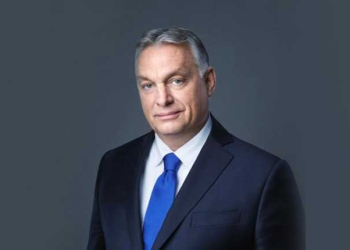The UN human rights chief, who this week announced she would not be seeking another term, told a session of the 50th Human Rights Council in Geneva that there were limitations on her visit to the region in China, where authorities have been accused of committing crimes against humanity and genocide against the Uyghurs and other Muslim minorities, the Guardian reported.
Bachelet and a team from the Office of the High Commissioner for Human Rights (OHCHR) spent six days in Guangdong and Xinjiang for a visit that activists and some western governments described as a propaganda coup for the Chinese government.
In a statement on Wednesday, Bachelet said she was able to meet members of civil society organisations without government supervision, but in Xinjiang was “accompanied by government officials throughout the visit”.
At a press conference in Guangdong held on the final day of her tour, Bachelet was asked directly by the Guardian about her ability to speak to Uyghur civilians and other people “without supervision” and to have free and open discussions about their experiences.
At the time Bachelet said that because of the Covid bubble they weren’t able to meet everyone “but with the people we were able to speak to, it was in an unsupervised manner”.
On Wednesday she reiterated “limitations” on the visit.
“As it would be true of any high-level visit which by definition is not an investigation mission, there were limitations especially given the prevailing Covid restrictions,” she said.




















